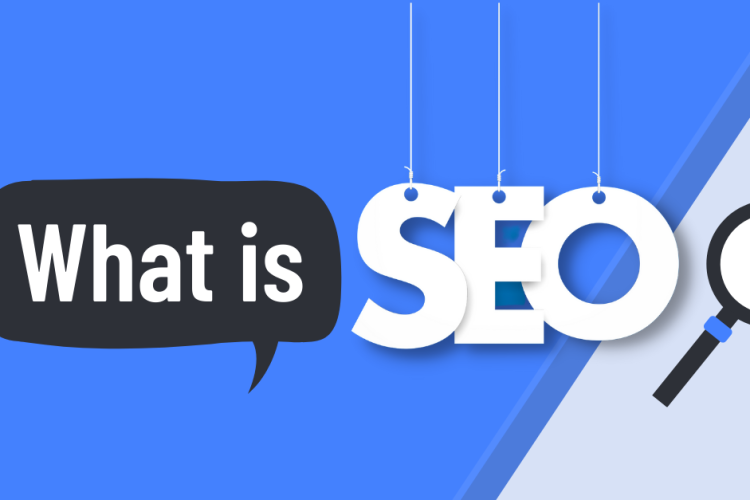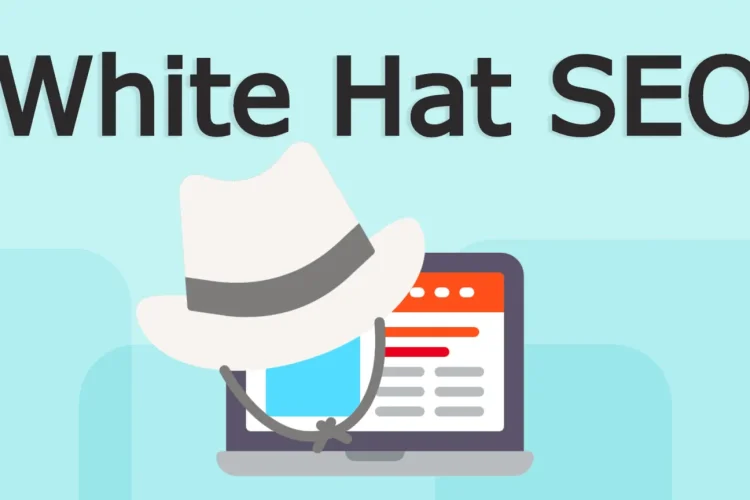
Search engine optimization (SEO) is an important aspect of web visibility. Every company and website owner needs their content on the top of search results. Although there are moral methods to do this, there are people who take the easy way out by breaking search engine rules. This improper method is referred to as black hat SEO. While it might sound like an easy means of acquiring rankings, it involves serious risks that harm both a website’s reputation and its long-term viability.
What is Black Hat SEO?
Black hat SEO is the practice that seeks to deceive search engines using dishonest or non-compliant techniques. Rather than building quality content and legitimate user engagement, it focuses on abusing loopholes in algorithms. Search engines such as Google are regularly updating their mechanisms to avoid such practices, but the practice is still continued by some marketers.
The term itself is derived from Western films of the past, in which black hats were worn by bad guys and white hats were worn by heroes. In cyberspace, black hat methods are deceitful techniques, and white hat SEO means moral, rule-following techniques.
Typical Black Hat SEO Techniques
There are a few techniques regarded as black hat since they defy rules of search engines:
Keyword Stuffing
This is done by overloading a page with target words in an unnatural manner. Rather than enhancing content, it renders the text unreadable. Search engines have no difficulty identifying this tactic, and websites face penalties.
Cloaking
Cloaking presents one version of a site to search engines and another to the visitor. For instance, one page can present relevant keywords to Google but present disparate content to visitors. This is a deceptive experience and policy violation.
Hidden Text and Links
Other webmasters hide text by setting it to the same color as the page’s background or putting it off-screen. These invisible components are designed to manipulate rankings without being displayed to users.
Link Schemes
Purchasing or selling links in order to manipulate rankings is a classic tactic. Link farms, private blog networks (PBNs), and inordinate reciprocal links are included as well in this practice.
Duplicate Content
Replicating and publishing the same content on several sites or pages waters down quality and provides no actual value. Search engines value uniqueness, so replicated content usually leads to punishment.
Doorway Pages
Low-quality pages designed only to rank for a certain keyword and funnel visitors elsewhere on the site. They contain little or no valuable content.
Short-Term Benefits vs. Long-Term Risks
Initially, black hat SEO can seem to produce results. Rankings can shoot up rapidly, and traffic may rise for a little while. However, these advantages are seldom long-term.
Search engines are programmed to serve the user’s interest. As soon as they notice manipulative means being used, sites can lose rankings, traffic, and even be removed from the indexes altogether. A penalty may take months—or even years—to undo.
For companies, this may translate into losing customers, profits, and reputation. Rebuilding a compromised domain in most instances proves to be more expensive than keeping ethical SEO protocols from the beginning.
The Role of Search Engine Algorithms
Search engines spend a great deal of resources improving their algorithms. Google alone puts out several updates annually to enhance precision and counter manipulation. Updates such as Panda, Penguin, and Helpful Content were particularly developed to fight low-quality and manipulative strategies.
As these algorithms get smarter, black hat SEO becomes less effective. What once worked years ago is now rapidly detected and sanctioned. This serves to reinforce that depending on unethical shortcuts is a losing game.
Ethical Black Hat SEO Alternatives
Rather than utilizing manipulative tactics, companies should concentrate on sustainable methods. Some alternatives include:
High-Quality Content: Producing original, helpful, and interesting articles, blogs, and resources that answer user questions.
Proper Keyword Research: Applying keywords naturally and in a way that they blend with the context of the content.
Technical Optimization: Optimizing site speed, mobile responsiveness, and navigation for an improved user experience.
Building Organic Backlinks: Acquiring links organically through quality content, partnerships, and industry acceptance.
Regular Updates: Keeping content new, updated, and relevant to build trust with search engines as well as users.
Why Businesses Should Avoid Black Hat SEO
The lure of instant outcomes tempts companies into using unethical methods. But the danger outweighs the advantage. Search engines are programmed to favor realness. Consumers also appreciate authentic sites. One wrong move can not only hurt rankings but ruin brand reputation irreversibly.
In this day and age, long-term reputation is more important than short-term benefits. Ethical means might be slow, but it lays a strong foundation for steady growth.
Conclusion
Black hat SEO is a volatile path that ultimately leads to long-term failure. Although it will bring temporary ranking improvements, search engines are fast to detect and punish such strategies. The wiser and more sustainable option is to pursue ethical optimization techniques that create enduring trust, credibility, and online presence.
For any company that wishes to be successful on the web, sticking with what is legal is not only safer—it’s the only method for creating long-term results.




